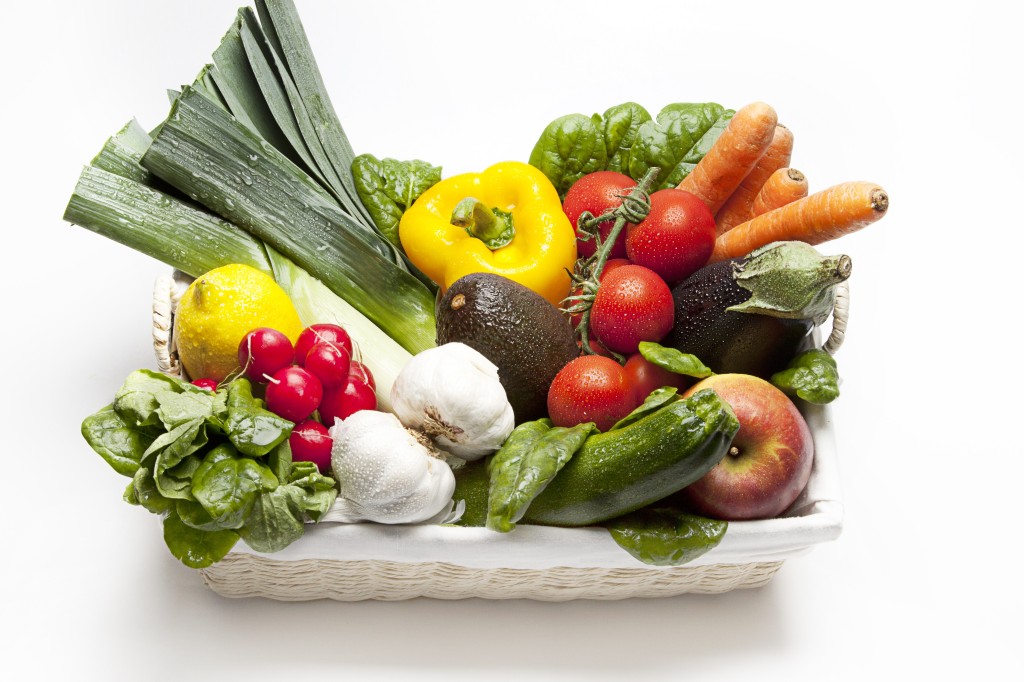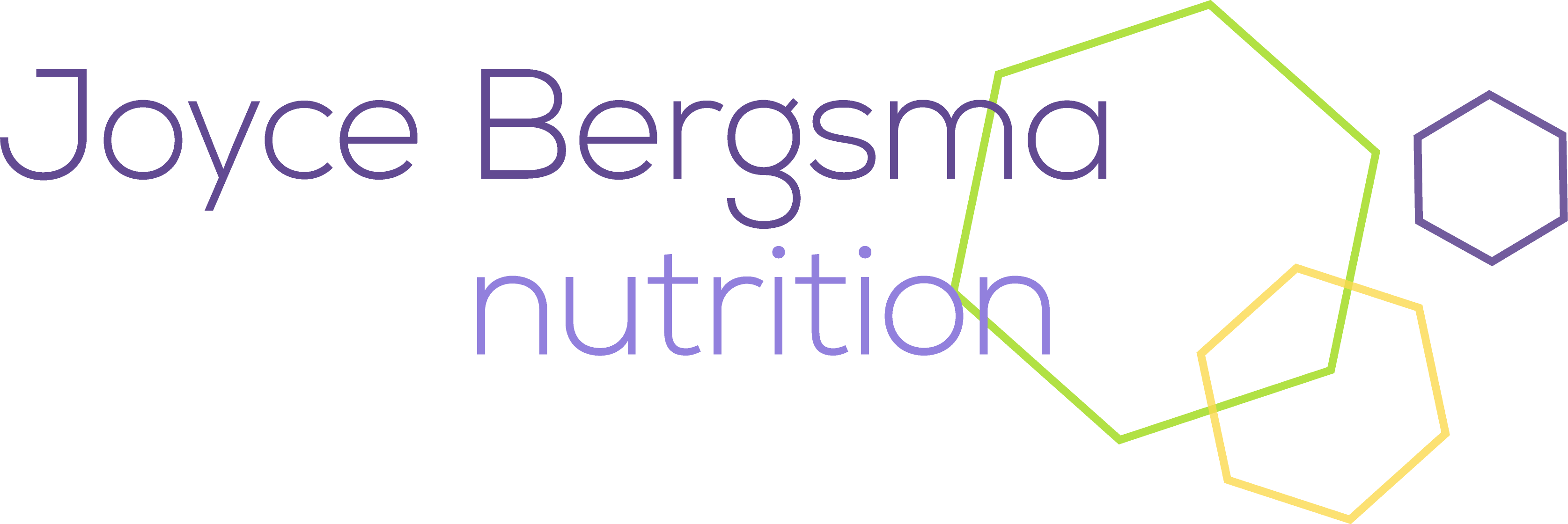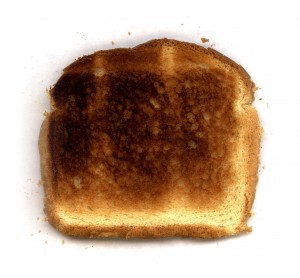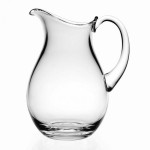
Doing a detox sounds very trendy at the moment, but do we really know what it means? Is it just about giving up alcohol and sugar? You may have heard of the Maple sugar detox (sometimes called the Lemon detox), the Foot spa detox, the Detox food patch and more, but are they safe?
A detox that focuses on little more than drawing a few toxins out of your skin is merely putting a plaster on any issues you may have. A good detox will work on improving the function of the our organs involved in breaking down and removing toxins using nutrients found in your food and supplements.
A detox sometimes results in some weight loss and this needs to be managed carefully. Toxins, such as heavy metals, are fat soluble, meaning they are stored in the fat. When you lose weight, those toxins come out and they start circulating in the body. With the proper nutrition, these toxins can be managed out of the body in a safe way, minimising the side effects you may experience while detoxing.
Is this you?
- Feeling tired, fatigued? Do you have an afternoon energy slump?
- Brain fog, can’t concentrate?
- Do you have trouble dragging yourself out of bed?
- Experiencing PMS, endometriosis, fibroids or menopausal symptoms?
- Are you bloated, gassy, experiencing heartburn or indigestion?
- Do you have IBS, Crohn’s disease or Colitis?
- Is your cholesterol high?
- Joint or muscle pain?
- Auto-immune disease such as psoriasis?
- Inflammation or weight gain?
- Insomnia?
- Headaches or migraines?
Why detox?
You could experience more energy, healthier skin and more.
The main organ involved in detoxification is the liver; it’s our second largest organ after the skin and is a powerful multi-tasking organ. The proper functioning of this organ is crucial to our health and its dysfunction can result in inflammation, PMS, acne, eczema, food allergies, weight gain, chronic fatigue and more.
Balancing blood sugar
When our blood sugar levels are high, the hormone insulin sends a message to the liver to store the excess as glycogen. Conversely, when our blood sugar levels drop, the liver receives a message from cortisol to release the glycogen back into glucose. When the liver is congested and cannot work properly, the result may be weight gain, sugar cravings, irritability, fatigue and may ultimately lead to diabetes, cardiovascular disease and chronic fatigue.
Producing bile
Bile is the green-brown substance that gives colour to our bowel movements, helps us break down fats and removes excess cholesterol. Produced by the liver and stored in the gallbladder, any dysfunction may result in digestive issues such as irritable bowel syndrome (IBS), bloating, food allergies, nausea and poor absorption of nutrients, especially those stored in fat and in the liver.
Storing nutrients
The liver stores many nutrients that are essential to our health including iron for energy, copper for our joints and energy, vitamins A and E for our skin, hormones and nervous system and vitamins D and K for healthy bones.
Breaking down hormones and eliminating them efficiently
When hormones are not eliminated from the body or broken down properly acne or premenstrual syndrome (PMS) may result and long term can contribute to hormone dependent health issues such as endometriosis and fibroids.
Breaking down and eliminating toxins
Our bodies absorb toxins internally from non-organic or burnt foods and soft plastics that leach into our food and also from external sources. This can cause our immune system to treat them as invading organisms and may lead to health problems including inflammation, frequent and long lasting colds and flu and food allergies.
The Liver is a powerful organ and will be able to function for some time before symptoms of a dysfunction appear. The most common first signs are feeling tired and sluggish and this may be a good indication that a detox may benefit you.
5 Top Detoxing Tips
So be cautious when choosing a detox to do and be sure you’re well informed.
If you are interested in finding out more about our healthy detox programme, then read more on 10 Days to Vitality. Or join us on 25 March for our Detoxing for Health workshop. Email info@joycebergsma.com or click here for more details.
- Cut down on common allergens (dairy, wheat and soy) by increasing variety into your diet. Not only will this give you more nutrients for your liver, but decreases the stress on your liver if it’s overloaded.
-
Drink plenty of water. You’ve heard it many times over, but dehydration can be a factor in depression, low energy, dry skin and is incredibly important for helping flush out toxins. By drinking water (and eating water-filled vegetables and fruit) instead of caffeine and alcohol, which are dehydrating, you will be doing yourself a world of good.
- Incorporate more organic and vegetarian meals into your diet. Meat is not necessarily bad, but contain fats that, when burnt, become damaged. Along with pesticides, fungicides and herbicides, this can be a lot for your liver to deal with. Give your liver a break and incorporate more organic beans, eggs, lentils, nuts and seeds.
- Treat yourself! Stress produces hormones that need to be detoxified by the liver. So by having a massage or going to the sauna, you will help yourself de-stress at the same time that you are releasing the toxins. Again, be sure to drink plenty of water after this.
- Eat more greens. Green foods are packed with chlorophyll, folate, vitamin C and bioflavonoids. These foods are good for helping improve memory, are good for the heart and anti-cancer. Vitamin C is specifically linked to higher energy, healthier skin and a lower risk of cancer.
Good luck on your detoxing journey!
If you’re interested in our Detoxing Starter Kit then sign up for our newsletter below and we’ll notify you when it goes on sale.




Comment
[…] the stomach; used as a treatment for nervous stomach, abdominal bloating, flatulence and also a gurgling stomach when combined with fennel or […]